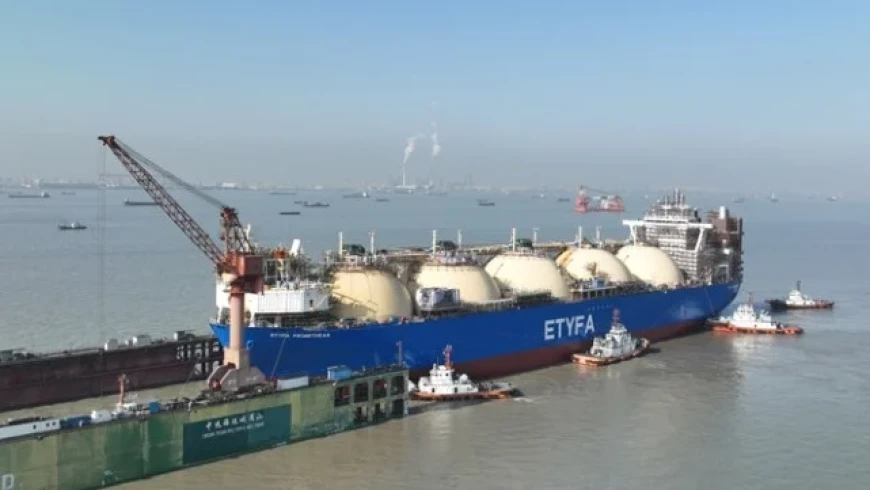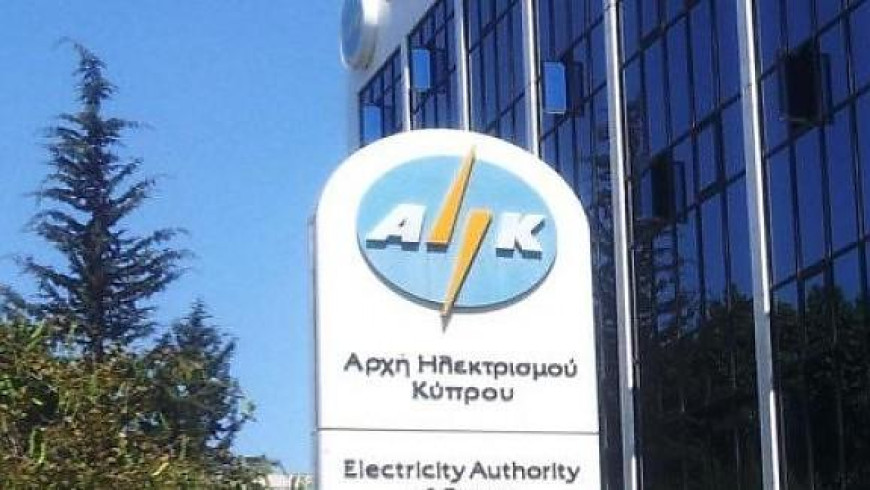Cyprus: Poor Investment Performance and the Need for Institutional Changes

Economic development results from the allocation of resources into productive investment projects. An economy requires a continual raising of its productive capacity in order to sustain economic growth. However, in Cyprus government institutions and banks, despite possessing ample funds, have not used their resources productively in supporting investments in economically viable projects.
Cyprus has suffered, particularly over last decade, from both relatively low amounts of investments and the poor quality of such investments. These shortcomings reflect the economic model implicitly pursued by the Cyprus authorities that aims primarily at advancing property development and mass private consumption and tourism and the use of Public-Private Partnerships (PPPs) for major infrastructure projects. And with this model investments have been concentrated in the property, retail/wholesale and tourism sectors, while public investments in development projects and private investments in the industrial and agricultural sectors as well as in soft infrastructure, such as education and training, have been limited.
Investment Performance
Although the overall quantity of investments in the Cyprus economy has been quite low compared with most other European countries and consumption somewhat excessive it is the disappointing quality of investments over the past decade and earlier which should be most concerning. In recent years investment activity in the construction sector has dominated fixed capital formation accounting for nearly two thirds of total fixed investments in 2021. Indeed, in line with the preferences of the political and business “elite” of Cyprus there has been continued overinvestment in the property sector, particularly of dwellings and accommodation facilities to attract foreign demand. Investments in the construction of towering apartment buildings surged after 2016 and surely were directed at attracting property purchases by foreigners including those under the disreputable golden passport scheme. And as the mounting number of vacant offices and shops in cities attest there is over-investment in the construction of commercial buildings and retail establishments as well.
Reflecting deficient demand large amounts of the property investments are likely to yield low returns and add relatively little value to the economy. Furthermore, as happened in the run-up to the financial crisis of 2012/13 property developers are likely again to experience a sizeable increase in their level of non-performing loans (NPLs) as a result of excessive investments in the real estate sector.
Most importantly, the arrangement and implementation of major investment projects under PPPs in Cyprus has not necessarily involved the good use of tax payers’ money in being invested in economically viable projects. A number of major PPP agreements on projects such as the Limassol port, desalination plants and waste disposal units have been arrived at without an independent financial and economic appraisal. In effect with government bureaucrats making concessions to private sector partners and passing risks onto the public sector monopolies and cartels have been created, that thrive on thrive on tax payers’ money. Such concessions merely privatize the gains and socialize the costs arising from poor-quality PPP investments.
Institutional Factors
Role of Banks
Since 2015 Cyprus banks have been piling up cash and extending very little in the way of new loans. In fact, the surplus liquidity of Cyprus banks increased by over 10 billion euro between December 2015 and August 2022, while outstanding “performing” bank loans fell by over 10 billion euro or nearly 30 per cent over the same period, which in turn appears indicative of the disappointing performance of banks in extending new credits. In particular, the granting of new bank credits to finance investment projects of NFCs outside of the property/construction sector has been quite small, estimated roughly to average under 450 million per annum over the last six years.
Unfortunately, banks have been preoccupied with restructuring and selling impaired or non-performing loans (NPLs) rather than extending new credits to finance economically viable investment projects. And the process of banks getting NPLs and their related property collateral off their balance sheets just results in the transfer of wealth from the original borrower to the purchaser of NPLs and related property from the bank. Such purchasers are usually credit acquiring companies that are often closely connected with and financed by Cyprus banks, meaning that it is a largely incestuous circle that is not adding value to the economy, but is contributing to wealth inequality.
Bankers argue that many possible customers are uncreditworthy. This point has some validity, but does not exempt bankers from trying to use their huge idle cash balances productively and identifying and deciding on worthwhile projects outside of the property sector to finance. Indeed, banks have preferred to extend loans mainly on the basis of the collateral (usually property) provided by the borrower and shown an unwillingness and inability to evaluate loan applications through assessing the repayment capability of borrowers from income projected from planned investment projects. In this connection bankers do not seem to have the competence to undertake proper risk analysis in determining the borrower’s capability to repay a loan, that is, essentially in appraising whether the project is worth financing on economic grounds.
Role of Public Sector
In the public sector institutional factors seriously delay or even prevent the implementation of approved projects, which according to some government officials have often postponed or even canceled the absorption of EU funds for certain economically viable projects
Firstly, the selection of investment projects for inclusion in public sector budgets over many years continues to be subject to ad hoc, unprofessional and politically tainted decision-making[1] including the giving of concessions by bureaucrats on PPP projects.
Secondly, the procedures of and appeals to the Tenders Review Authority cause long delays in the implementation of prima facie high-quality projects.
And thirdly, in situations when the government finances of Cyprus are under strain, it is the implementation of development projects which are usually delayed, thus bearing disproportionately the brunt of fiscal austerity.
Need for Institutional Changes
The relatively poor investment performance of Cyprus highlighted by the dearth of expenditure on productive projects calls among other things for institutional changes. Banks at present have ample loanable funds and the government has considerable access to financing from the EU and to tax payers’ money for investment projects. What is needed is the institutional capacity and competence to deploy these funds in economically viable investment projects giving consideration to the public interest.
Establishment of a Development Finance Agency
Savvakis Savvides and I have long advocated the setting up of a Development Finance Agency[2]. With the relative inability of banks to finance and/or restructure productively key businesses it has become crucial to create a professional institution, which will provide the necessary expertise to take the lead for identifying, evaluating and financing viable economic projects. And a professionally staffed and totally independent financing institution is required not only to ensure that funds are directed toward economically viable projects, but to ensure also that PPPs are agreed with the public interest in mind. This new institution would take-over some of the responsibilities of the Directorate of European Programs, Coordination, and Development in the Ministry of Finance. The Development Finance Agency would be tasked with evaluating, preparing and arranging the financing of large-scale investment projects using staff with competence in project appraisal and financing. In this connection, the return and risks accruing to each stakeholder on PPP projects should be evaluated before concessions by bureaucrats are agreed.
Thus, it is recommended that the Government, with the possible involvement and assistance from multilateral financing institutions, such as the EIB, Kfw and the IFC, should seek to establish a Development Finance Agency. Consideration should be given as well to inviting Cyprus banks with their abundant liquid balances to have equity shares in the Agency.
A More Efficient Tenders Review Authority
The operations of the Tenders Review Authority are hampered by inefficient and ad hoc procedures. In particular, the procedures in handling appeals to determine the ultimate successful bidder for a public investment project should be streamlined and expedited in order that high-quality projects can be implemented on time. Accordingly, it is recommended that the fees for making an appeal to this body by an unsuccessful bidder be raised substantially, be limited to one appeal rather than unlimited appeals, and be documented with explicit reasons for the appeal.
[1] In practice the Minister of Finance uses much discretionary power to pre-select projects for submission to the Council of Ministers who make the final decision on what projects are included in public sector budgets
[2] See Manison Leslie G. and Savvides Savvakis C., “`Towards Sustainable Development: Rebuilding the Foundations of the Cyprus Economy”, May 23, 2016.







 3287.99
3287.99 1275.09
1275.09

